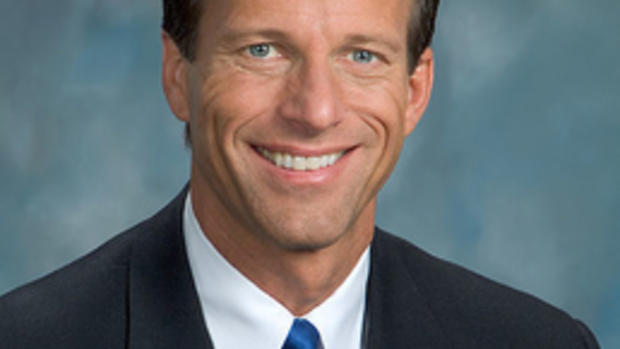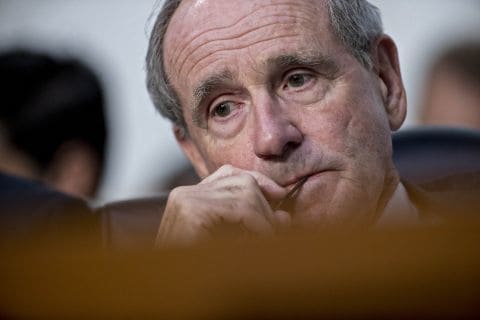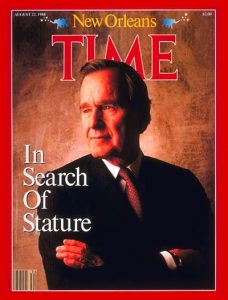My weekly column from the Lewiston, Idaho Tribune
—————–
When Interior Secretary Ryan Zinke slinks away next week from the big building on C Street in Washington, D.C., he will have, in the space of less than two years, placed himself in the history books along side Albert Bacon Fall.
For a guy who once claimed to be a “Teddy Roosevelt Republican,” committed to conservation and protection of public lands, to leave office under an ominous ethical cloud and compared to Warren Harding’s Interior secretary who went to jail over the Teapot Dome scandal is a stunning come down. Once a rising Republican star, the former Montana congressman, now seems certain to be dogged by a host of investigations and forever tainted by association with the administration of Donald J. Trump.
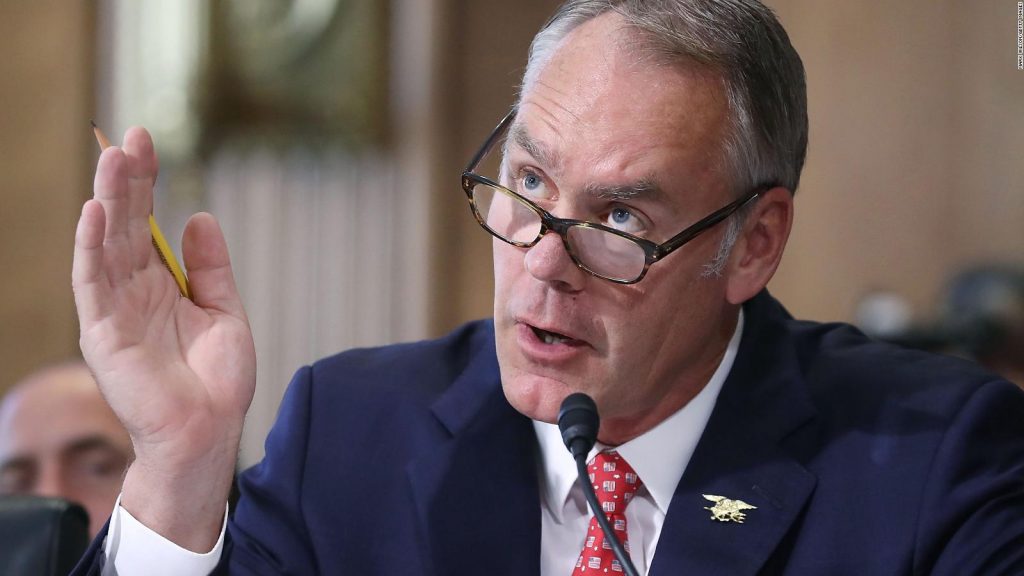
When Zinke was named to the Interior post – Washington’s Cathy McMorris Rogers and Idaho’s Raul Labrador were contenders, but passed over – he was widely praised even by conservation groups. Zinke had crafted a bipartisan image in Congress, “the only Republican to support a Democratic amendment to permanently authorize the so-called Land and Water Conservation Fund,” as Politico noted. But proving the truism that absolutely everyone who works for Trump is tainted by the proximity, Zinke will be remembered, perhaps even beyond his grifting ethics, for rolling back national monument designations and generally trashing the conservation legacy of previous Republican and Democratic administrations.
The two Idahoans who have served as Secretary of the Interior – Democrat Cecil Andrus in the 1970s and Republican Dirk Kempthorne for the last three years of the George W. Bush administration – were polar opposites in political ideology, but each understood that serving as the chief steward of all the people’s land carries a solemn obligation. While Kempthorne will likely be best remembered for the six-figure remodel of the secretary’s office bathroom, he did bring a genuine spirit of collaboration to the job. Andrus’ legacy as one of the nation’s great Interior secretaries is secure, in part, because he engineered the largest conservation initiative in history by protecting vast swaths of the last frontier – Alaska.
Zinke, despite the conservation rhetoric that temporarily assuaged some skeptics, attempted to transform the Interior Department into an extension of the oil, gas, mining and grazing industries. Zinke did his best to make true the old joke that the Bureau of Land Management, the BLM, is actually the Bureau of Livestock and Mining. This, of course, was Trump’s aim in the first place.
The president, who one assumes has never spent a night under the stars, never fished a Western trout stream or devoted a second to thinking about conserving America’s most special places for future generations, turned stewardship of the environment over to fraudsters. Ethical shenanigans forced Scott Pruitt out of the Environmental Protection Agency – remember the $50 a night condo he rented from the wife of an energy industry lobbyist and his $3 million a year security detail? And Zinke now leaves subject to a potential criminal investigation involving the chairman of the oil services company Halliburton and some land Zinke owns and wants to develop in western Montana.
Trump appears poised to name as Zinke’s replacement an oil and gas lobbyist, the current No. 2 at the department, who literally has to carry a card with him delineating all his potential conflicts of interest. Into this swamp Labrador and soon-to-be-ex-Gov. C.L. “Butch” Otter have stuck a toe. Each has been mentioned as a potential secretary of the Interior. Labrador needs a job and seems to be campaigning for the position. He tweeted fulsome praise toward Trump last week for – wait for it – signing an executive order, something Trump does over and over again in lieu of having a real agenda. Otter doesn’t need a job and should trust his gut and hang out at his ranch.
Vast acreage of the federal government during the Trump administration has become an ethics-free zone. A former Trump national security adviser may yet go to jail, three cabinet secretaries have resigned amid swirling scandals and the president himself is buffeted by a persistent special counsel, involvement in a campaign finance scandal that paid off a porn star, a corrupt family foundation and lord knows what else.
Remember draining the swamp? Zinke’s imminent departure reminds us that promise was as phony as Mexico paying for a wall.
The resignation of Defense Secretary James Mattis, a decorated Marine Corps combat veteran, who leaves after issuing a withering indictment of the president’s abandonment of allies and leadership on the international stage, should also give any Interior aspirant ample reason for pause.
If Trump comes calling on Labrador or Otter, they should remember the words of the conservative scholar Eliot Cohen, a State Department counselor to Condoleezza Rice during the second Bush administration.
Writing last week after Mattis’ resignation over a matter of principle, Cohen said in The Atlantic: “Henceforth, the senior ranks of government can be filled only by invertebrates and opportunists, schemers and careerists. If they had policy convictions, they will meekly accept their evisceration. If they know a choice is a disaster, they will swallow hard and go along. They may try to manipulate the president, or make some feeble efforts to subvert him, but in the end they will follow him. And although patriotism may motivate some of them, the truth is that it will be the title, the office, the car and the chance to be in the policy game that will keep them there.”
But, it’s not worth it. Anyone who gets close to this chaotic mess will get stained, or even destroyed. The evidence is in plain sight. The swamp devours the swamp’s own creatures.
—–0—–
Editor’s Note: My biography of Montana New Deal-Era Senator Burton K. Wheeler has an official release date – March 21, 2019. The book, a look at a genuine political maverick, as well as a much different U.S. Senate, is available for pre-order at Amazon or the University of Oklahoma Press.
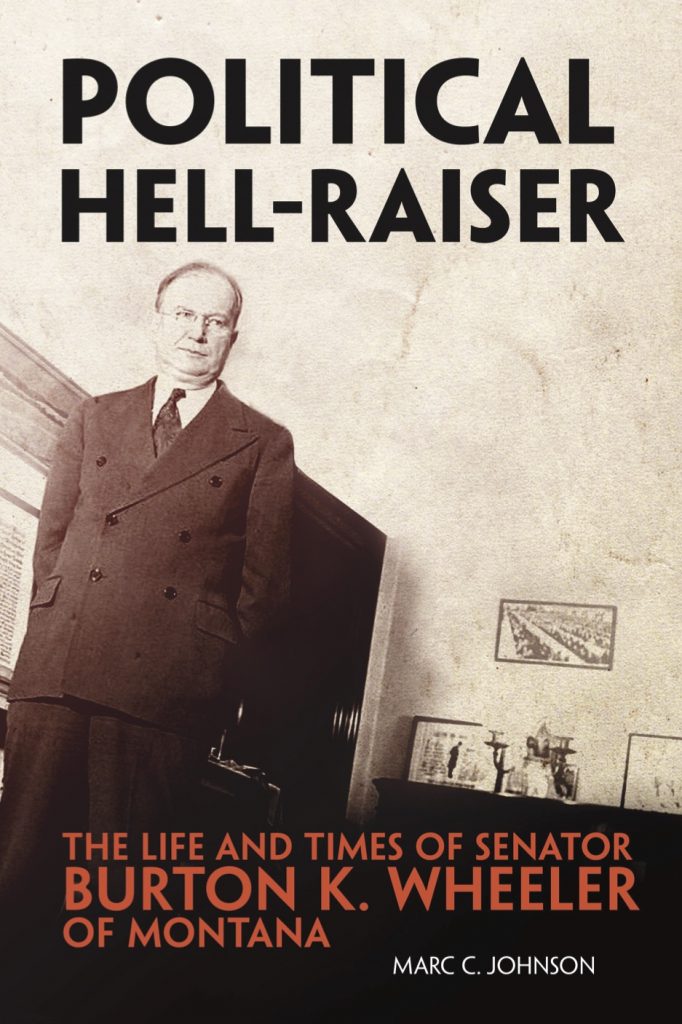
—0—



